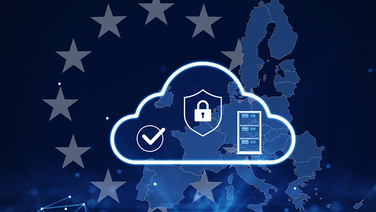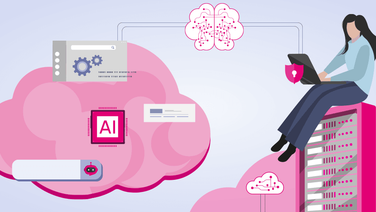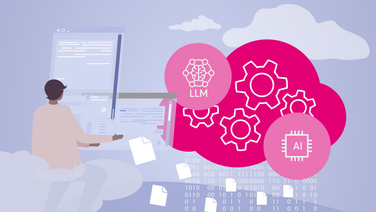
Object Storage Service – Gaia-X compliant? Yes!
Gaia-X is a European initiative focused on the sovereign use of IT resources and data exchange – and its importance continues to grow. The Gaia-X Clearing House provides an opportunity to have cloud services assessed for compliance with its standards. The Open Telekom Cloud took advantage of this by having its Object Storage Services (OBS) evaluated.







